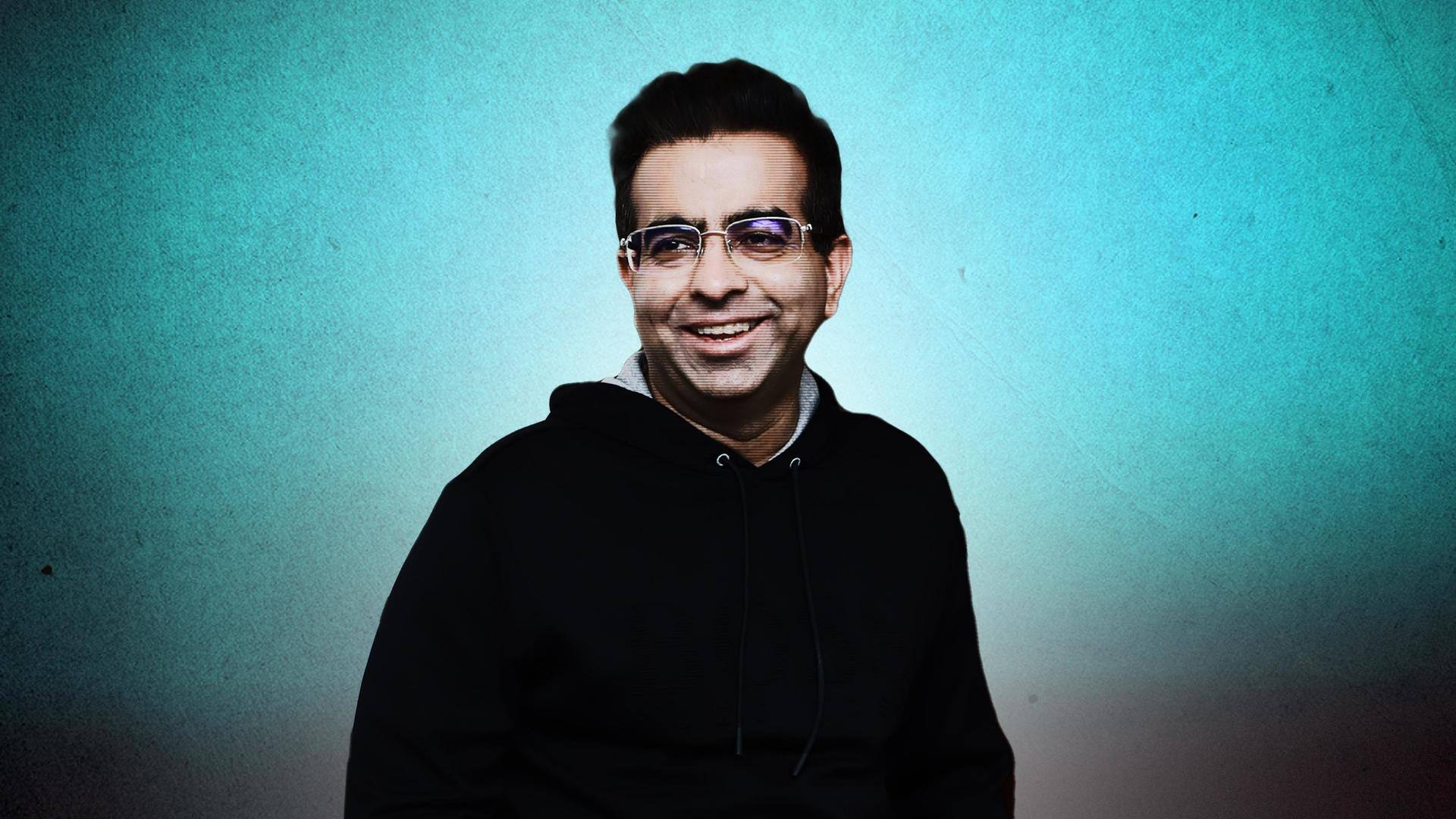
#NewsBytesExclusive: Marathi producer Sanjay Chhabria on changing dynamics of OTT
What's the story
The pandemic changed the dynamics of the entertainment industry with several films being released on OTT platforms. Makers have been recovering their making costs by selling their OTT rights to streamers. But soon, that may change as streamers want to cap the pricing based on a film's box office performance, said Marathi film producer, Sanjay Chhabria, in a conversation with NewsBytes. Excerpts.
#1
Why don't Marathi films get directly released on OTT?
It is the genre of the film that decides the platform of its release. If a film has a wider appeal, it'll have a theatrical release. With a narrower appeal, it goes directly to OTT. Unfortunately, in the Marathi film industry, we can't recover directly from the OTT, which is why we have to go to the theaters for our releases.
#2
Tell us about the changing dynamics of OTT
Hindi and South Indian films are star-driven industries, which is why there are takers for their direct OTT releases. But things are changing there, too. What I am hearing these days is that most of the OTT platforms are asking independent filmmakers to first release their projects at the box office and after that, their price is set based on their performance.
#3
Is there a set formula for a film's success?
If there was a formula, things would have been a lot easier for every film producer. At Everest Entertainment, we have always taken a risk with genres and content in terms of the films we have done; we continue to experiment. We take the plunge and go with full conviction. After that, whether a film works or not, is a matter of luck.
#4
How important is it to back debutant directors?
To discover new talent, you need to support debutants. Filmmakers today are much more confident, well-read, exposed, and well-trained. A lot of them also have hands-on experience working as assistants to top directors. Giving a chance to newcomers was a bigger risk two decades ago, but today, it's the way forward for industries across languages. Working with debutants over big names is far easier.
#5
What are the changes you saw in Marathi film industry?
The filmmaking quality has improved since I started two decades ago. Today, we have a brilliant set of filmmakers, the production value has increased drastically, and the distribution market and reach have also improved. But, Marathi cinema lacks stardom. We need stars like those in Tamil, Telugu films, or Bollywood. It's an area where we need to work, make big-ticket films, and create stars.